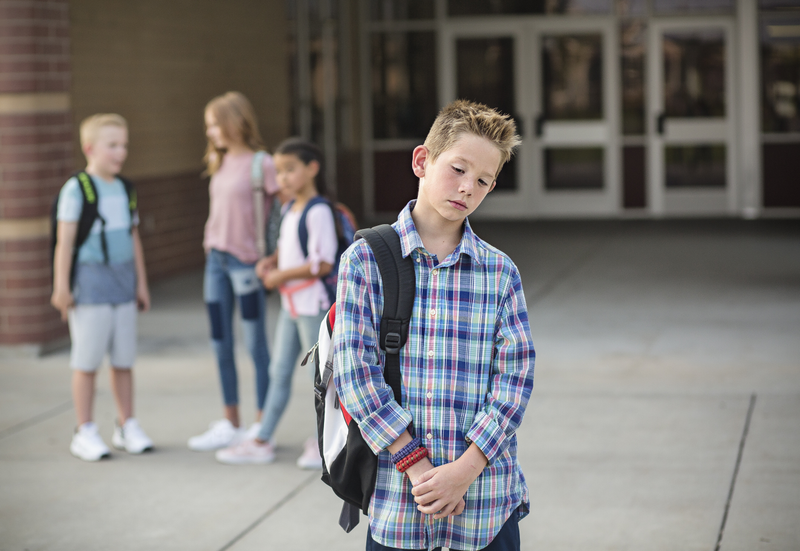By Karissa Jensen, PhD, LifeScape
Although we’d like to shield our kids from the hurt of not receiving a birthday party invitation, events like this can provide unique learning opportunities. Pause and then use the situation to model and teach adaptive coping and resiliency skills that are necessary for building and maintaining social relationships.
Adaptive coping skills include identifying emotions, regulating emotions, and determining appropriate responses. Validating your child’s feelings while modeling an appropriate response is important to building resiliency.
As part of the validation, you might find it beneficial to first help your child determine the reasoning behind her feelings. If the hurt stems from believing the other child was her friend, use the opportunity to discuss and validate how your child is feeling confused, disappointed, and/or hurt.
This also provides an opportunity to teach your child how to use and practice appropriate coping strategies. An adaptive coping strategy can include teaching your child positive self-talk, such as “I am kind,” “I have friends that like to play with me,” or “I’m fun to be with.” This positive self-talk emphasizes her strengths that she can use to build relationships with new and current friends.
Additionally, consider motivating and supporting your child’s friendship development in various activities. This could include encouraging your child to invite a neighbor or a friend from daycare or extracurricular activity over to play.
In some cases, your child may benefit from direct social skills instruction to learn how to interact with peers more effectively. This can include providing parent-directed play as a model of good play skills with similar-age peers. This can also include role-playing with your child(ren) on how to meet a new friend, ask to join a group, or play with another child.
Comparatively, if your child is sad because she is worried about missing out, consider planning a fun event with your child while praising the adaptation to the change in plan. This encourages future flexibility when other plans don’t work out.
Altogether, your child will likely gauge her response using your response as a guide. Therefore, remember to monitor your overt reactions to the event and provide a calm, positive model of these suggested strategies. This will help to encourage your child to utilize adaptive coping styles in similar situations.










